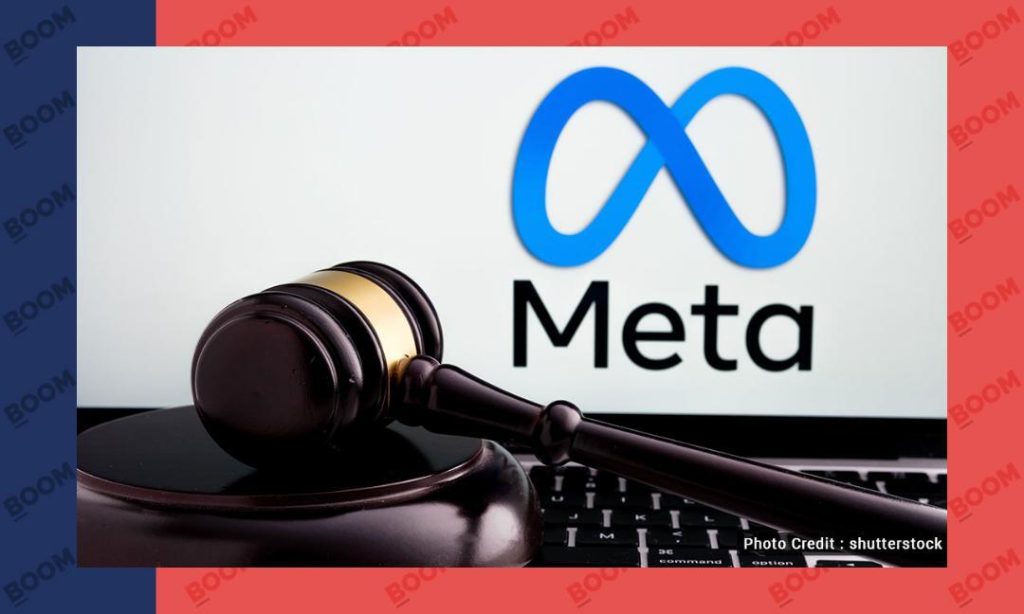
Title: US Judge Tosses Meta Book Lawsuit Over AI Fair Use Claim
In a significant ruling for the tech industry, a US judge has dismissed authors’ copyright claims against Meta, the parent company of Facebook and Instagram, over its use of books to train its LLaMA AI model. The decision favors Meta’s argument that its use of copyrighted works is “transformative” under fair use, a legal doctrine that allows for the use of copyrighted material without permission in certain circumstances.
The lawsuit was filed by a group of authors, including Sarah Silverman and Junot Díaz, who claimed that Meta’s use of their books to train its LLaMA AI model without permission violated their copyright. The plaintiffs argued that Meta’s use of their works was not transformative, as it was simply using the books as a means to improve its AI model without adding any significant value or meaning to the original works.
However, US District Judge Vince Chhabria disagreed, ruling that Meta’s use of the books was indeed transformative. In his decision, Judge Chhabria noted that Meta’s AI model is designed to generate human-like text, and that the use of copyrighted works in its training process is necessary to achieve this goal. He also pointed out that Meta does not use the copyrighted works for the same purpose as the original authors, but rather to create a new work that is distinct from the original.
The judge’s decision is a significant victory for Meta, as it allows the company to continue using copyrighted works to train its AI models without fear of legal repercussions. However, the ruling also leaves room for future legal challenges around AI models trained on copyrighted content. As AI models become increasingly sophisticated, it is likely that more companies will seek to use copyrighted works in their training process, and judges will be faced with the task of determining whether these uses are fair or not.
The case is also significant because it highlights the complex and evolving nature of copyright law in the digital age. As technology continues to advance, it is likely that courts will be faced with new and challenging questions about the scope of copyright protection and the extent to which it should apply to new forms of creative expression.
In his decision, Judge Chhabria noted that the case raises important questions about the balance between copyright protection and the public’s interest in accessing and using creative works. He emphasized that the fair use doctrine is designed to strike a balance between these competing interests, and that courts must carefully consider the four-factor test established by the Supreme Court in the 1984 case of Harper & Row v. Nation Enterprises.
The four-factor test is designed to help courts determine whether a particular use of copyrighted material is fair. The factors are:
- The purpose and character of the use, including whether it is commercial or non-commercial.
- The nature of the copyrighted work.
- The extent of the portion used in relation to the copyrighted work as a whole.
- The effect of the use on the market for or value of the copyrighted work.
In the Meta case, Judge Chhabria found that Meta’s use of the copyrighted works was transformative because it was not competing with the original authors’ works, but rather creating a new work that was distinct from the original. He also noted that Meta was not using the copyrighted works to generate profits, but rather to create a new product that was designed to benefit the public.
The decision is also significant because it highlights the potential benefits of using AI models to create new forms of creative expression. As AI models become increasingly sophisticated, it is likely that they will be used to generate new forms of music, art, and literature, which could potentially lead to new and innovative forms of creative expression.
In conclusion, the US judge’s decision in the Meta case is a significant victory for the tech industry, as it allows companies to continue using copyrighted works to train their AI models without fear of legal repercussions. However, the ruling also leaves room for future legal challenges around AI models trained on copyrighted content, and highlights the complex and evolving nature of copyright law in the digital age.
As AI technology continues to advance, it is likely that courts will be faced with new and challenging questions about the scope of copyright protection and the extent to which it should apply to new forms of creative expression. In the meantime, the Meta case serves as a reminder of the importance of striking a balance between copyright protection and the public’s interest in accessing and using creative works.
News Source: https://www.boomlive.in/web-stories/news/judge-dismisses-authors-lawsuit-against-meta-over-ai-use-of-books-2502






